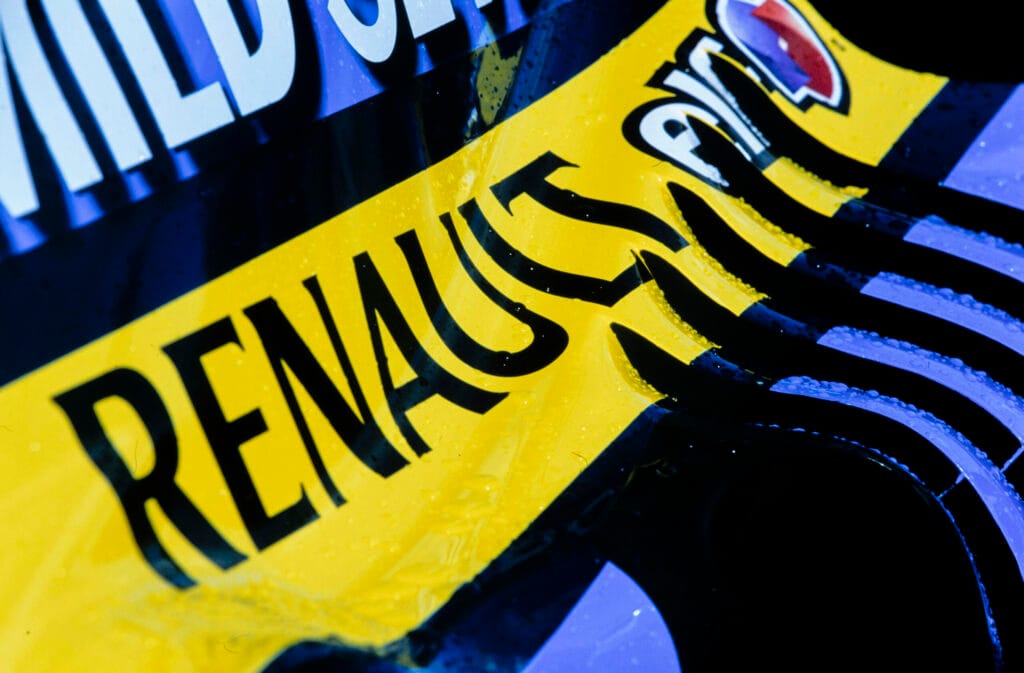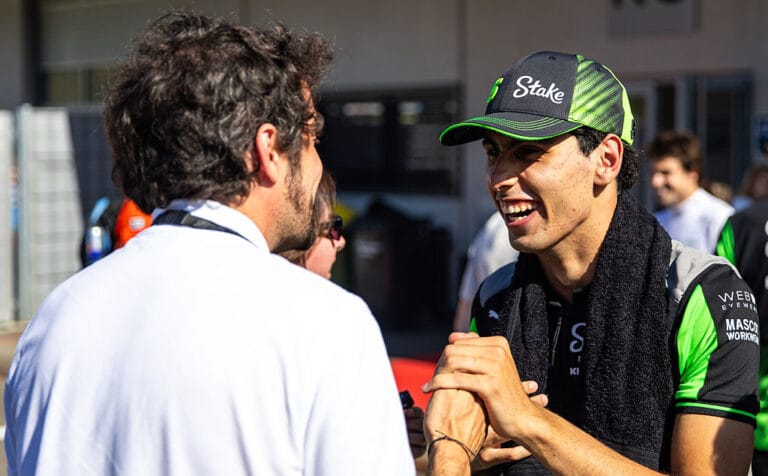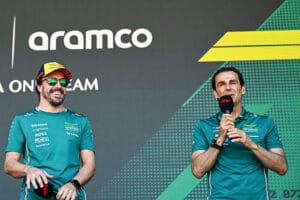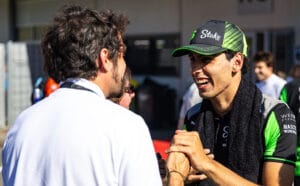On Monday, Renault announced its decision to cease the production of Formula 1 engines. The French automotive giant, currently supplying V6 engines to Alpine, plans to shift its focus towards the development of road car technology from 2026. As the team in Viry-Châtillon prepares for this transition, we take a nostalgic look back at the remarkable creations that have emerged from this French engine factory.
Pioneers in Turbocharging
In 1977, Renault embarked on its Formula 1 journey with the RS01, powered by the very first turbo engine in the history of the premier class. It was clear that this new technology was still in its infancy. The RS01 earned the nickname ‘yellow teapot’ because it frequently broke down with mechanical problems, usually accompanied by thick plumes of smoke.
Domination in the Nineties
In 1979, the turbocharged engine began to bear fruit for the first time. Jean-Pierre Jabouille left the atmospheric power units of the competition far behind and won the 1979 French GP in the Renault RS10. In the eighties, more and more manufacturers would make the switch to turbos. A championship for the French constructor was not forthcoming, and Renault bid farewell to the sport in 1985.
In 1989, Renault returned to Formula 1 with Williams. The French supplied atmospheric V10 engines for the British racing team. Williams would use the blocks to win four constructors’ titles and five drivers’ titles. Among others, Nigel Mansell, Alain Prost, and Damon Hill made grateful use of the Renault engines.
Michael Schumacher also won his second world championship thanks to a V10 from Renault. In 1995, the then Benetton ended its partnership with Ford and switched to French engines. The B195 brought Schumacher his second championship, and Benetton gratefully clinched its very first constructors’ title. In 1997, Renault once again said goodbye to the sport.
Highlights and Lows
Renault made a comeback as a constructor in 2001 after purchasing the Benetton team. The team achieved significant successes; Fernando Alonso became champion twice in 2005 and 2006, while Renault also won the constructors’ title in those same years. After 2008, the French went through a low point following the Crashgate scandal. Nevertheless, they continued as a factory team and engine supplier.
With Renault’s V8 engines, Red Bull dominated Formula 1 from 2010 to 2013, with four consecutive driver titles for Sebastian Vettel and four constructors’ titles for Red Bull. The Renault V8 engine was less powerful than some rivals, but was known for its reliability and good driving characteristics.
Struggling Through the Turbo-Hybrid Era
The transition to hybrid V6 turbo engines proved to be a challenge for Renault. From 2014, the team struggled with performance and reliability. This led to a strained relationship with customer team Red Bull, which switched to Honda engines in 2018. In 2016, Renault returned as a factory team, but real successes were lacking.
Even after Renault was renamed Alpine in 2021, the team continued to struggle with competitiveness. Apart from a single race victory for Esteban Ocon, Alpine could not compete with the top teams. After a disastrous start to the current season, Renault announced in September that it will stop producing Formula 1 engines from 2026.


